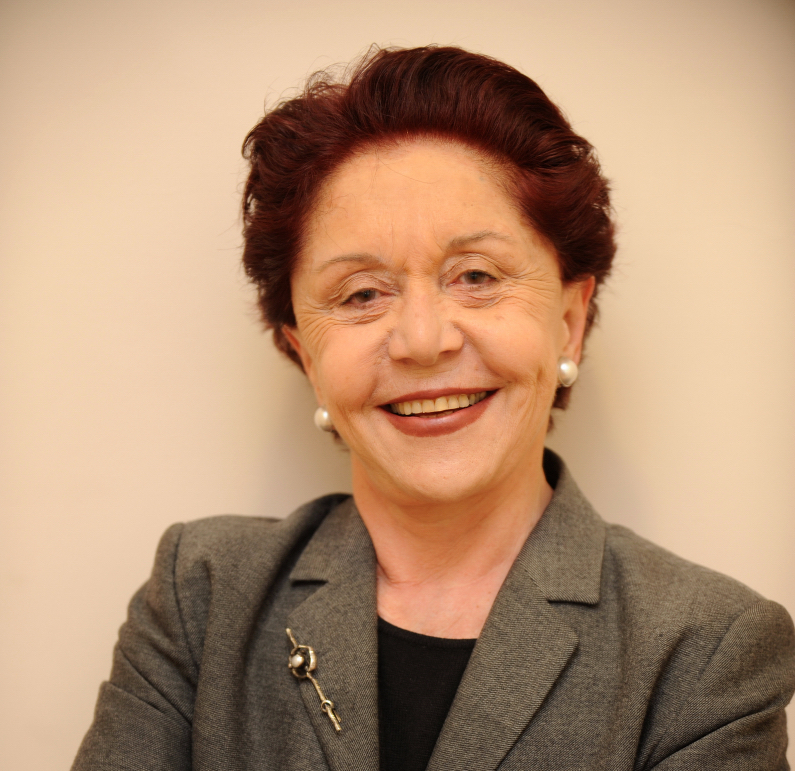With her vast expertise in theatre as an academic, writer, and critic, Dikmen Gürün ACG 61 reviews the role of theatre in the early Republican period.With her vast expertise in theatre as an academic, writer, and critic, Dikmen Gürün ACG 61 reviews the role of theatre in the early Republican period.
COVER STORY
 It is well known that when the Republic was established, extensive work was done in terms of cultural policies. "A nation is doomed to a great disaster unless it gives importance to art," stated Mustafa Kemal Atatürk who also emphasized the value of theatre at every chance. Theatre was regarded as a step toward civilization and a branch of art that would elevate societal ideals.
It is well known that when the Republic was established, extensive work was done in terms of cultural policies. "A nation is doomed to a great disaster unless it gives importance to art," stated Mustafa Kemal Atatürk who also emphasized the value of theatre at every chance. Theatre was regarded as a step toward civilization and a branch of art that would elevate societal ideals.
The establishment of the theatre school Darülbedayi–i Osmani (Ottoman House of Beauties) by the mayor of Istanbul in 1914 was a significant step towards the formation of modern Turkish theatre. By 1915 Darülbedayi was a professional company. Muslim Turkish women were not allowed to go on stage, whereas actresses of Armenian descent were. In 1920, a young Muslim student of Darülbedayi-i Osmani named Afife defied the ban by covertly performing as “Jale” at the Apollon Theatre in Kadıköy in the play Yamalar by Hüseyin Suat Yalçın. She took part in a few other plays yet had to escape the police after each performance. Afife suffered the wrath of conservative rules and regulations of the era and died at an early age. In 1923, Bedia Muvahhit was the first Muslim Turkish actress to appear on stage with the encouragement of Atatürk. She performed at Tayyare Sineması in İzmir in İbn-ür Refik Ahmet Nuri Bey's Ceza Kanunu and opened the path to others.
The first name we come across in connection with the goals and objectives of the modern theatre is Muhsin Ertuğrul (1892 - 1979). He took over as the head of Darülbedayi in 1927. Darülbedayi was renamed as the Istanbul Municipal Theatre in 1931. Its goals can be stated in three basic points: 1) To train artists 2) To train playwrights 3) To advance the level of appreciation by educating the public.
The training of playwrights was especially stressed in the 1930s, for writers are the primary reason why a nation’s theatre will continue to exist. Meanwhile, children’s theatre activities began in the Municipal Theatre in 1935. Simultaneously, the Drama and Comedy Stages were inaugurated.
The Ankara State Conservatory was established in 1940. A notable theatre personality, Carl Ebert, came from Germany and taught here until 1947. Many artists, such as Yıldız and Müşfik Kenter, received their training at the Conservatory. Ankara also saw the establishment of the State Opera and Theatre in 1949. Muhsin Ertuğrul was named as its general artistic director for some years. In 1951 he established the first private theatre company Küçük Sahne with a young team of artists in Beyoğlu.
Indeed, in the early Republican years important steps were taken to ensure that the seeds planted by Atatürk, the founder of the secular Republic of Turkey, flourished, and the paving stones of the roads leading to today were laid.
Published January 2024



